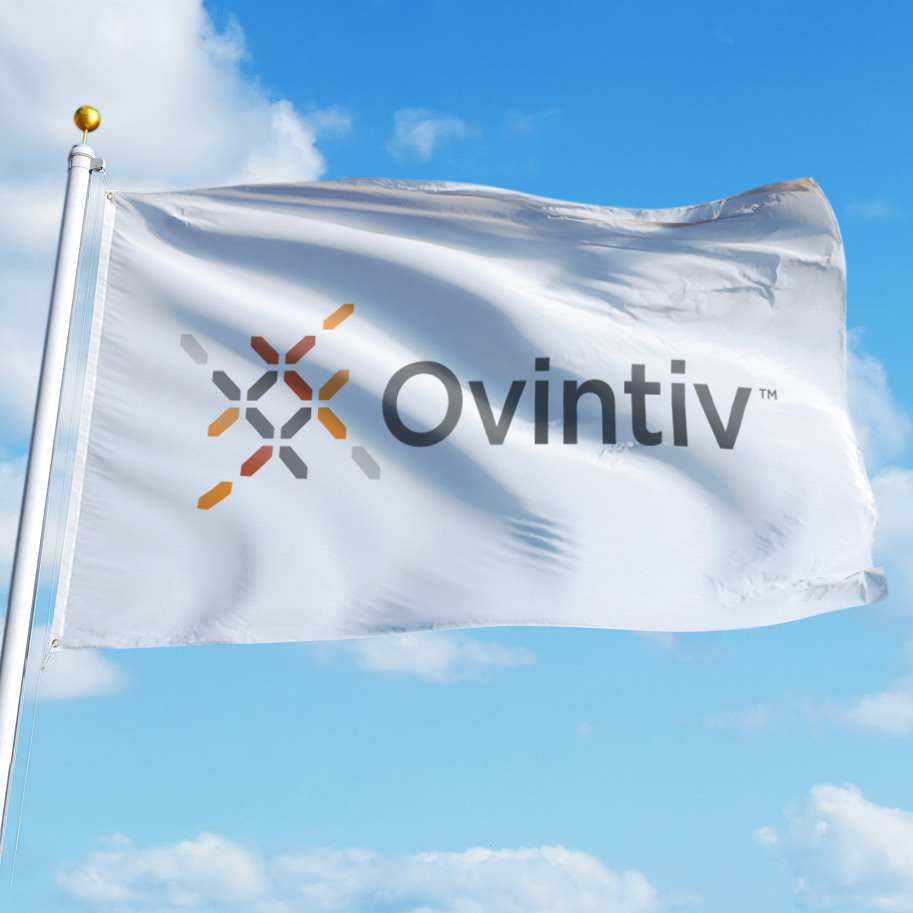
CLIMATE & TCFD
Established by the international Financial Stability Board, the Task Force on Climate-related Financial Disclosures (TCFD) identifies and suggests voluntary disclosures that help investors, lenders and insurance underwriters understand material risks.
TCFD structures its recommendations in four categories that represent core elements of how organizations operate: governance, risk management, strategy, and metrics and targets.
Ovintiv has been incrementally adopting the TCFD recommendations since 2018. We continue to strengthen our disclosures through enhanced climate policy scenario analysis and climate-related performance targets tied to our compensation program.
TCFD Progression
2018
Disclosed how we identify, assess and manage climate-related risks
2021
Committed to publicly disclose and link climate-related performance targets to employee compensation
2019
Communicated additional governance around climate-related risks and opportunities
2022
Established a Scope 1 & 2 GHG intensity target tied to 2022 compensation while continuing to focus on improving our methane intensity
2020
Enhanced our climate scenario disclosure and potential impacts related to climate risks and opportunities
Governance
Our corporate governance framework allows us to effectively manage climate-related risks. The Ovintiv Board evaluates sustainability and environment, social and governance risks on a quarterly basis. Annually, the Board reviews and adopts the company’s strategic plan, which considers risks and opportunities to our business, including all elements of environment, social and governance matters.
While several Board committees manage environment, social and governance risks and opportunities, our EH&S committee is responsible for environmental matters, including sustainability strategy and policy, risk identification and management, environmental compliance and climate change. This committee reviews and reports material environmental issues to the whole Board. Our Board is actively involved in company performance goal setting, including evaluating which environmental, social and governance goals should be tied to our employee compensation program.

Risk Management
We integrate climate-related considerations into key business planning and risk management processes throughout the company.
As outlined in our Corporate Risk Management Policy, our Board is responsible for ensuring an effective risk management process is in place to identify, monitor and manage significant risks to our business and reputation.
Our enterprise risk management process and our environment, social and governance materiality assessment help identify and monitor any significant risks. Each quarter, we present risk reports to the Board with corresponding mitigation strategies.

Strategy
Ovintiv’s risk-informed business strategy incorporates key environment, social and governance issues that have the potential to affect our performance.
We conduct our strategic planning and scenario analysis on an ongoing basis, considering the impacts of commodities pricing, carbon taxes, regulations and the potential long-term impacts of climate change.
This process incorporates insights from various contributors within the company, as well as external advisors and private commodity market analysis firms. We follow four interconnected and iterative workflows for our strategic planning.

Metrics and Targets
Climate-related performance metrics have been included in our disclosures since we began sustainability reporting in 2005. Measuring our emissions profile provides visibility into which cost-efficient measures are most effective in reducing GHG emissions. We continue to improve both the reduction of our emissions intensity and the transparency of our reporting.
